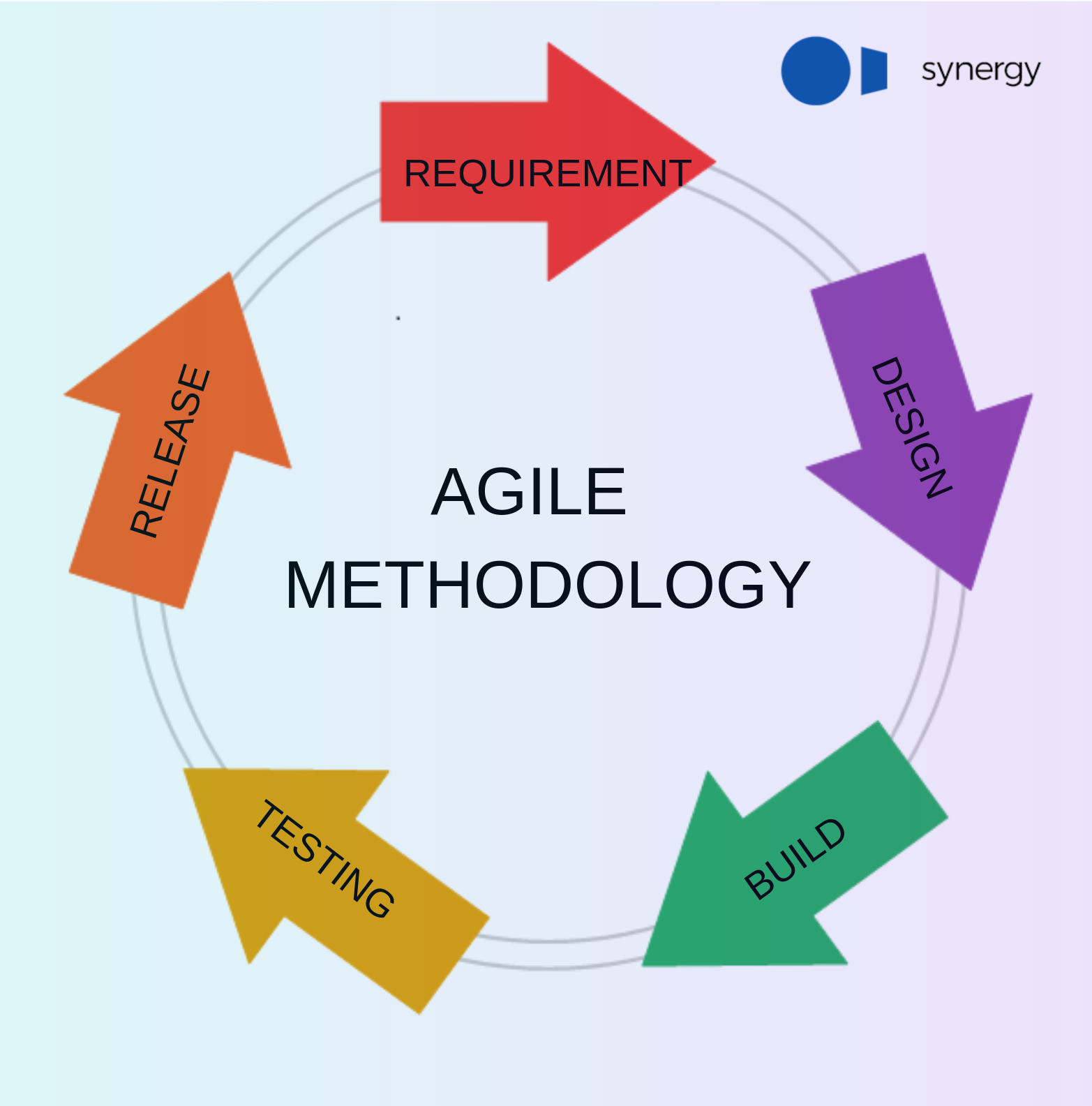In today’s fast-paced world of technology, software development teams are constantly under pressure to deliver high-quality products in a timely manner. Traditional development methods often fall short in meeting these demands, leading to delays, cost overruns, and dissatisfied customers. This is where agile development methodologies come into play, offering a more flexible and efficient approach to software development.
What is Agile Development?
Agile development is an iterative and incremental approach to software development that emphasizes flexibility, collaboration, and customer satisfaction. It incorporates a set of principles and values that prioritize responding to change, delivering working software frequently, and maintaining close communication with customers throughout the development process.
The Agile Manifesto
The foundation of agile development is the Agile Manifesto, which outlines the core values and principles that guide agile practices. Some of the key principles include:
Individuals and interactions over processes and tools
Working software over comprehensive documentation
Customer collaboration over contract negotiation
Responding to change over following a plan
Benefits of Agile Development
Agile development methodologies offer numerous benefits to software development teams, including:
Increased flexibility and adaptability to changing requirements
Improved collaboration and communication among team members
Enhanced customer satisfaction through early and frequent delivery of working software
Higher quality products due to continuous testing and feedback
Reduced risk of project failure by delivering value in incremental steps
Agile Development Methodologies
There are several agile development methodologies that teams can choose from, including:
Scrum: A popular framework that emphasizes short, fixed-length development cycles called sprints
Kanban: A visual workflow management tool that focuses on continuous delivery and optimization of work processes
Extreme Programming (XP): A software development methodology that promotes practices such as pair programming, test-driven development, and continuous integration
Lean: A methodology that aims to minimize waste and maximize value delivery through continuous improvement
Best Practices for Agile Development
To ensure success with agile development, teams should adhere to the following best practices:
Engage stakeholders in the development process through regular feedback sessions
Empower team members to make decisions and take ownership of their work
Implement automated testing and continuous integration to maintain software quality
Adapt and iterate on processes based on feedback and lessons learned
Conclusion
Agile development methodologies have revolutionized the way software is developed, providing teams with the tools and practices needed to streamline the development process and deliver value to customers more efficiently. By embracing agile principles and methodologies, software development teams can stay ahead of the curve in today’s rapidly evolving tech industry.
